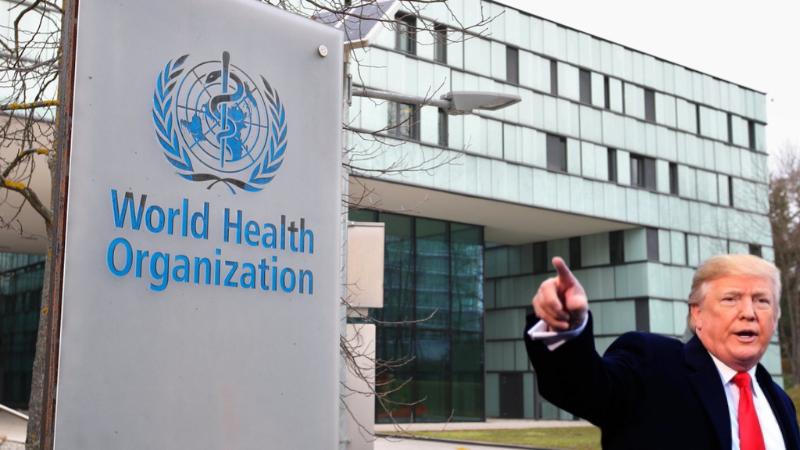
- greensea
- 21 Jan 2025 05:39 AM
- Health & Wellness
Trump Signs Executive Order to Withdraw US from WHO, Criticizing Its Handling of COVID-19
Washington, D.C. – President Donald Trump, shortly after taking office, signed an executive order to withdraw the United States from the World Health Organization (WHO), citing the agency’s alleged mismanagement of the COVID-19 pandemic and failure to adopt reforms. The withdrawal process, which will take 12 months, includes the immediate cessation of U.S. financial contributions to the global health body.
Speaking at Washington’s Capital One Arena, Trump stated, “World Health ripped us off. Everybody rips off the United States. It’s not going to happen anymore.” He highlighted what he described as disproportionate financial contributions by the U.S. compared to other countries, particularly China, and criticized the WHO for political bias and inadequate independence from member states.
Key Reasons for Withdrawal
Pandemic Mismanagement: The executive order blames the WHO for mishandling the initial outbreak of COVID-19, which originated in Wuhan, China.
Political Influence: Trump accused the organization of being unduly influenced by certain member states, undermining its neutrality.
Funding Disparity: The U.S., which is the largest contributor to the WHO, has historically funded nearly 15% of its budget—amounting to significant financial support compared to other nations.
The WHO’s biennial budget for 2024-2025 is $6.8 billion, a significant portion of which comes from U.S. contributions. Trump argued that these payments were “unfairly onerous” and did not reflect equitable global responsibility.
Executive Order Details
The executive order mandates:
A complete withdrawal from the WHO within 12 months.
Termination of negotiations on the WHO Pandemic Agreement and amendments to International Health Regulations.
Prohibition of any binding commitments related to WHO agreements during the withdrawal process.
The order explicitly referenced the WHO’s failure to address global health crises effectively and adopt reforms to improve transparency and accountability.
Global Implications
The U.S. withdrawal could significantly impact the WHO’s ability to respond to global health crises, as the organization relies heavily on U.S. funding for critical initiatives, including vaccine distribution, infectious disease control, and pandemic preparedness.
Critics warn that the decision could leave a vacuum in global health leadership and weaken international cooperation during future health emergencies.
Political Context and Reactions
This move echoes Trump’s previous criticisms of international organizations and agreements, which he often claimed unfairly burdened the U.S. financially. While supporters praised the decision as a step toward holding international institutions accountable, critics warned of the potential long-term consequences for global health and diplomacy.
As the U.S. begins its withdrawal, questions remain about how the global health community will adapt and whether other countries will increase their contributions to fill the funding gap left by the departure of its largest donor.





































